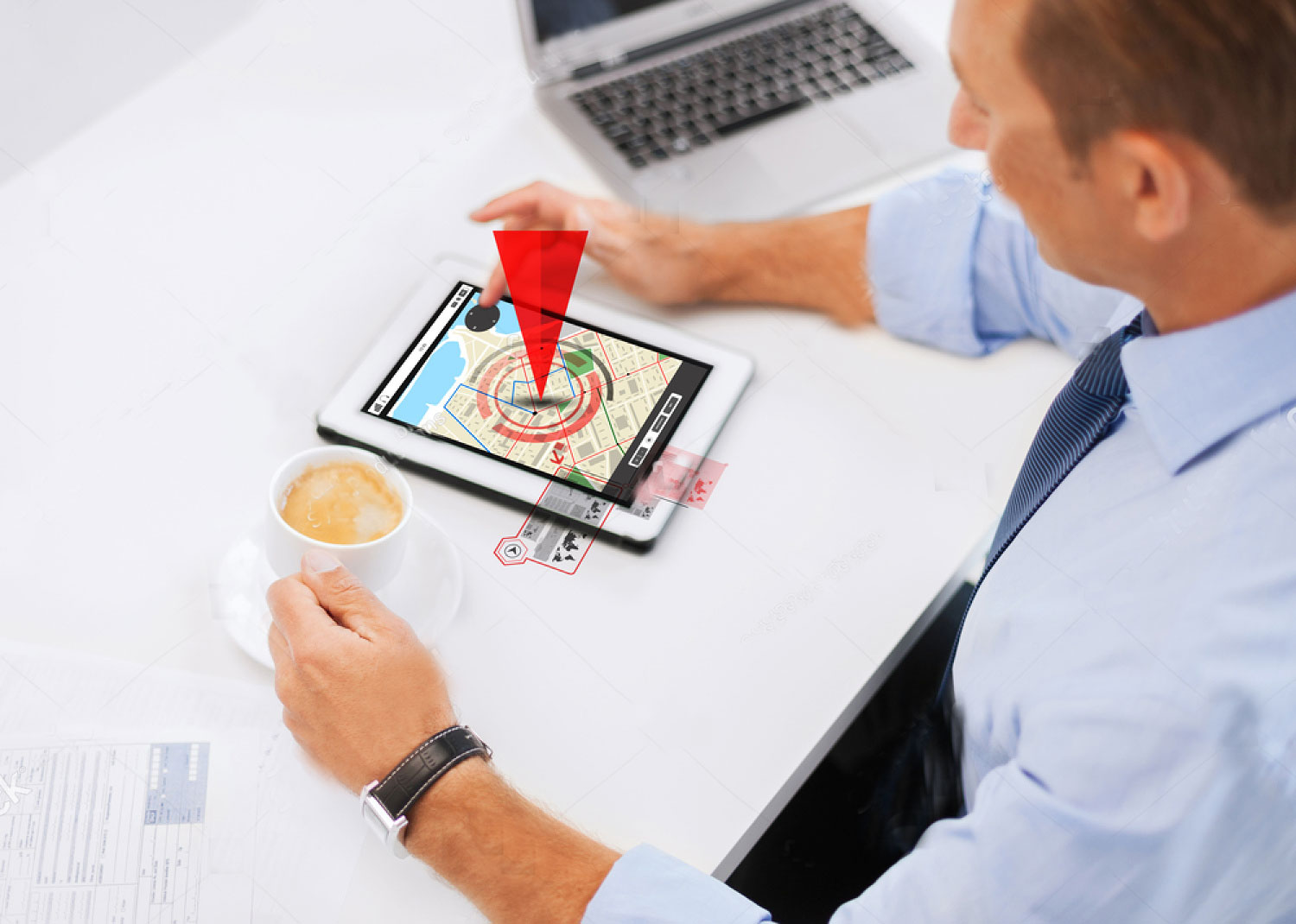This is How Location Intelligence Can Move Your Business

You can’t blame a person if the first thought that crosses their mind when they hear the term ‘location intelligence’ is to think of a ‘smart map’. I was once guilty of doing the same mistake and had to take a few good minutes to register what location intelligence truly is.
Simply put, location intelligence is the capability to derive business intelligence by relating geographical data to the business context. Imagine overlaying the locations of sale of a merchandise on a map and gaining insight into purchasing trends for that very merchandise.
Include a competitor’s data onto the same map and, lo and behold, you now have business intelligence data — which was previously unseen — made apparent when visualising the data on a map.
Use of Location Intelligence in Business
The use of location intelligence can be traced back to 1854 to one Dr. John Snow, an anaesthetist from London. Deaths due to cholera were on a high at the time and he wanted to understand where the source of deaths was coming from, and decided to map the cases along with locations of water pumps. His statistical analysis showed that the cases were clustered around a single water pump. His findings brought to light elements about public health that couldn’t have been discovered if it wasn’t for the data journalism work that he did.
Today, with the advent of the smartphone and its explosive adoption rate, location intelligence has never been more relevant or crucial. In recent years, the use of location data has boomed in the consumer market. Just look at people today. They are no longer strangers to using their smartphones while driving to locate everything from nearby restaurants to clinics or wearing fitness bands that monitor their physical activities.
As a result, businesses have expanded their business intelligence capabilities to include location intelligence features. Businesses are now more focused on incorporating this into their existing data analytics tools or products for better prediction and analysis.
Take music streaming service, Spotify, as an example. To create a distinctive experience for users who are travelling, Spotify decided to create an interactive audiographic guide that users can play around with. Users can hover over a city on this map/ guide to see what are the local favourites and delve into the music that is enjoyed in that city. They can also add these into their own playlist. From analysing about 20 billion listener/ track relationships, Spotify updates these distinctive city playlists twice in a month.
The adoption of location intelligence in business can be used to make corporate entities appear more relevant to customers. For instance, when looking at online advertising, how can businesses stand-out in the pool of noise online? Real-time geo-location. It allows one to look at where their potential customers are and cater ads accordingly. It was found that engagement rates were higher, as a result. In fact, with geo-location, a tag can be given to a customer or client. This tag will enable the business to track customer’s activities i.e. if they are looking at a competitor or searching for the best deals. Using this data, a business can present different or additional information to the customer; something which they may find to be more relevant to their need(s).
The next big wave of adoption for location intelligence will be caused by none other than the governments of the world. The level of importance of location intelligence in relation to the development of government policies or the delivery of government services is infinite. Imagine bus services that are optimised based on the number of passengers waiting at various bus stops or prediction of crime rates by law enforcement authorities based on existing data that allows them to meet or even exceed the demands of higher public security.
Challenges that One Needs to be Wary of
With the introduction of any new technological advances, there will always be concerns that need to addressed initially. For some, the adoption of location intelligence may seem to be done at the expense of data being captured via everyday interactions of individuals, both voluntarily and involuntarily. This does give a ‘Big Brother’-esque connotation to the process.
While your location data might not be as important or critical as say your credit card details, the good news is that there are already numerous ways that web users can opt to either protect their privacy or ensure that personal data laws are upholding their rights.
What they can do is to install browser extensions that warn or block attempts to track highly sensitive data such as credit card details, location history, browsing interests, etc.
Concluding thoughts
As can be seen from the examples above, it is undeniable that location intelligence is incredibly beneficial to both businesses and consumers and is here to stay in the long run.
However, an important question businesses ought to ask is this: How far can location intelligence go in the current analytics space or even beyond that? Think about it and let me know.
Lava is an authorised Partner of Carto in Malaysia, a location intelligence software that analyses and visualizes complex and large amounts of data. With more than a decade of experience in the industry, we’re proud to say we’re one of the leading cloud solutions providers and consultants in the Asia Pacific region.

